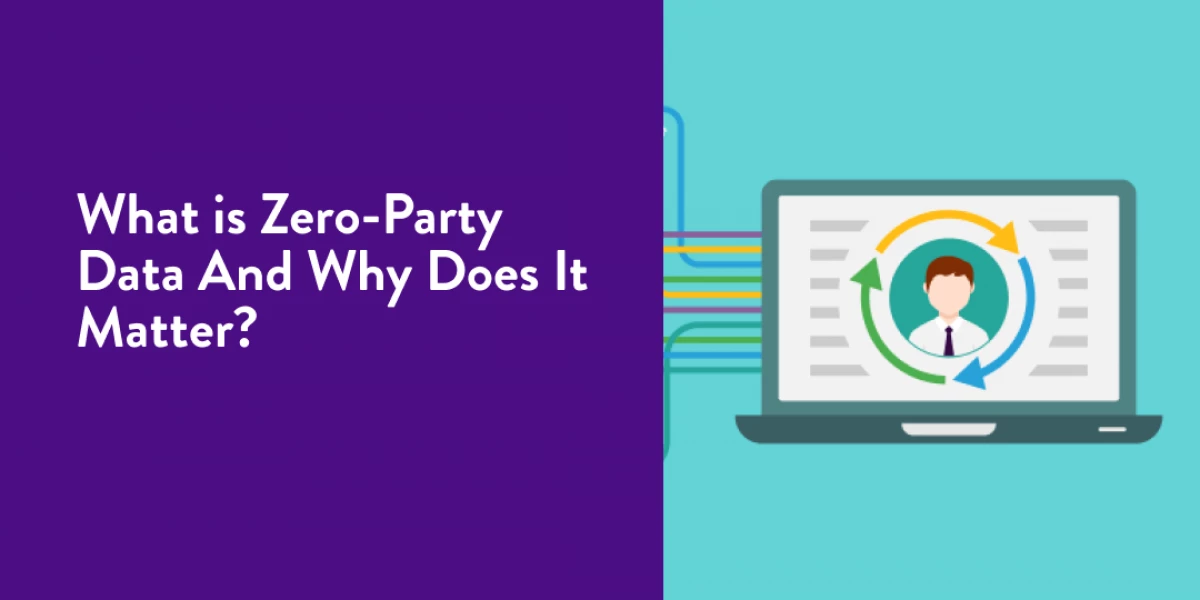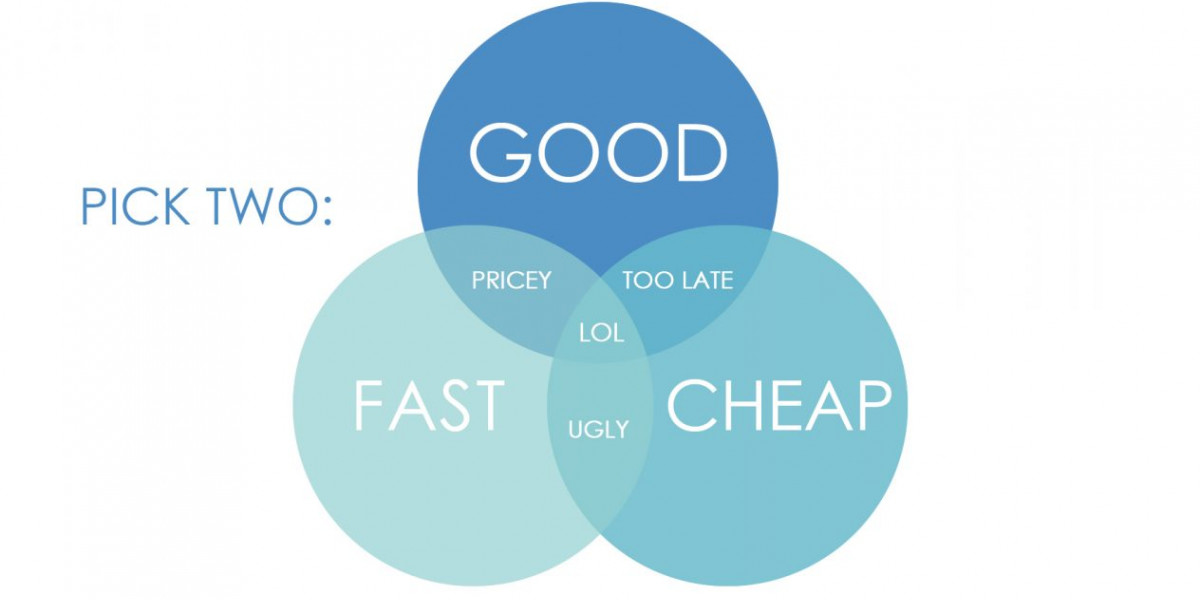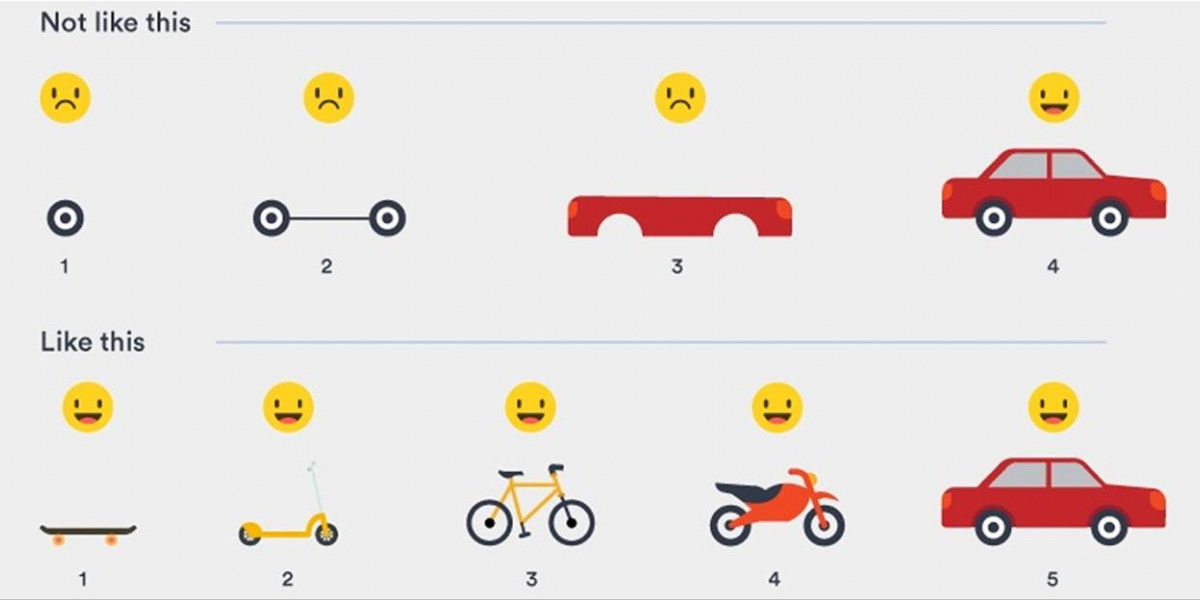E-com, Much Desired Privacy, and Annoying Pop-Ups

Trends of 2023 become conventional issues with the course of time. Here I want to share some information and insights on the matter of ultimate importance and considerable innovation embedded within it, namely, e-com future without third-party data collection processes. To be more precise, the process of data collection seems to remain, yet is expected to be transformed enough so as to be as bearable as possible.
Omnipresent pop-ups and constant tracking of experiences when visiting websites continue having quite negative perception regardless the range of transparency policies and opportunities to know and control what is tracked and how it can be used. Nonetheless, this is not what makes a dilemma of privacy matter disappear, and futuristic predictions claim that third-party data collection processes will soon become our past, while zero-party data collection will be introduced and employed actively.
The term ‘zero-party data’ means that data collection process is direct. Data is collected from the customers with explicit consent provided prior to collection. The following are most appropriate and potentially effective instruments for direct data collection: surveys, quizzes, polls, sign-up registration forms, and the like. It is essential for the data collection methods to be integrated in the website naturally so as not to burden it or affect overall performance. Moreover, these surveys or polls should not interfere with effective website use. Proper timing along with relevance of data collection process at each stage of customers’ experience should be among major considerations. It is a perfect scenario when data collection methods become an innate part of the whole scenario of predicted customers’ journey on the website. For instance, particular questions can stem from a correspondent activity on the website. Some examples to illustrate the previous suggestion: spending habits can be tracked in alignment with actual spending activities on the website, or behavioral patterns can be learnt in accordance with the process of selection as well as search entries, etc. The goal here is to be comprehensive and design the request for specific feedback from customers as a constructive dialogue in the context of intended activity, not as an interrogation or literally data collection.
Transparency and holistic approach are keys to the future of e-com. More coming in soon. Stay tuned.

 Fast, cheap, or good
Fast, cheap, or good
 First releases don’t need to be perfect.
First releases don’t need to be perfect.
 A seamless experience = repeat sales.
A seamless experience = repeat sales.